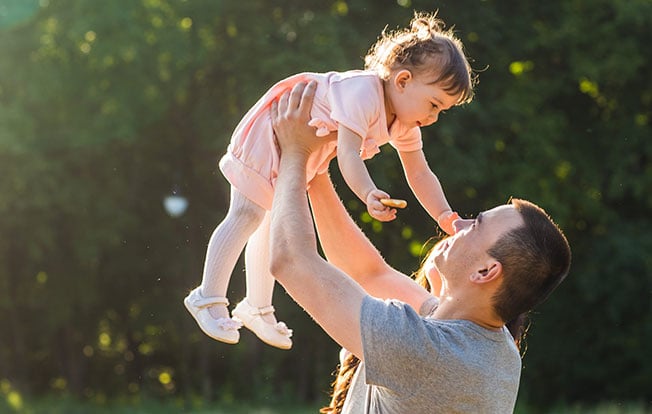Make Your Own Decisions. Our Mediation gives you the chance to have a voice. Your needs and concerns over your children need to be heard. Speak and ask questions. Listen to what is said in the room. Respond when you feel its improper.
Problem Solve – You have goals for your child. You now have concerns for how this divorce will impact your children. In a child centered mediation you have the chance to address the goals and concerns you have regarding your children. We will help you work and problem in a neutral collaborative type setting. Rather than providing positions parents talk through their individual goals, interests and concerns.
Become Empowered
Ask Questions – A Child Representative is present to answer questions that you both have regarding meeting your children’s concerns and needs.
Find Solutions – In a typical mediation the mediator will tell the parents that the best mediation is one in which no one is genuinely happy. In a child centered mediation, we find that parents are more flexible in coming up with solutions to improve their co-parenting relationship.
Avoid Court: Litigation is now so costly that parents forced into a solution at mediation based on offers and counteroffers. At child centered mediations Parents are given the chance to problem solve and looking for options and resources.
Transition Forward – We know it’s going to be hard to work with your child’s other parent. We’re here to help you listen to one another. Child centered mediations offer parents a first step in the process.
How Your Child Benefits
Emotional Well-being: Research consistently shows that kids in cooperative co-parenting arrangements tend to have better emotional well-being, with fewer behavioral and emotional problems.
Improved Academic Performance: Cooperative parenting contributes to a stable home environment, which often results in improved academic performance and a stronger sense of security for children.
Higher Self-Esteem: Studies suggest that children who witness their parents working together and treating each other respectfully are more likely to develop higher self-esteem and better interpersonal skills.
Reduced Anxiety: Research indicates that kids in cooperative co-parenting setups tend to experience less anxiety and stress compared to those exposed to ongoing conflict.
Positive Coping Skills: Cooperative co-parenting encourages children to develop positive coping skills and adaptability, crucial for their future success.
Healthy Relationships: Studies show that kids raised in environments where cooperation is prioritized are more likely to form healthy relationships in adulthood.
Improve Your Co-Parenting Relationship
- Get Ready: Prior to the child centered mediation we are going to be asking that you upload App Close or Our Family Wizard. We are going to ask that you read Bill Eddy’s Biff book. Finding a method and means to communicate means that you are going to start reducing that anxiety and tension that you always find yourself in. Reducing the tension means that you’ll have a better chance to listen to your child’s other parent when they come walking in the room.
- Have a little empathy – Child centered mediations benefit parents by addressing the needs of your child. Having a bit of empathy for each other’s concerns goes a long way in terms of relating to one another. Did you just start to co-parent?
- Mediate Don’t Litigate – Litigation may be necessary in a small percentage of cases but in most situations, mediation is just a better option. Litigation comes at a great cost and destroys the basic framework of any relationship, let alone a coparenting one. Mediation is a step forward, not a step back. We see parents talking after they mediate. When have you heard that before?
- Learn to Work With Each other – Parents in child centered mediations learn that conflict can arise over simple misunderstandings. None of us have all the answers, right? Parents in child centered mediations learn to contact teachers, pediatricians or even mental health professionals to answer basic questions that trouble separated co-parents.

